Anxiety. Anxiety. Anxiety. When you repeat that word out loud, notice what thoughts and feelings you may have. Your heart might start to race, or your stomach might begin to churn. You may recall certain memories, images, or people, even if you are unable to articulate why they come to mind. With the current political, social, and economic climate, there are valid reasons to feel anxious. That’s without the added anxiety caused by a global pandemic.
Let go of the “should’s”
In the past, I have judged or diminished myself for feeling anxious. When I’ve said the word out loud, I’ve felt small or wanted to retreat. Shaming questions like, “Shouldn’t you be past this by now?” or “Aren’t you too old to be struggling with this?” were strategies I used to cope with my feelings of anxiety. I felt if I could just condemn the feelings, they would disappear.
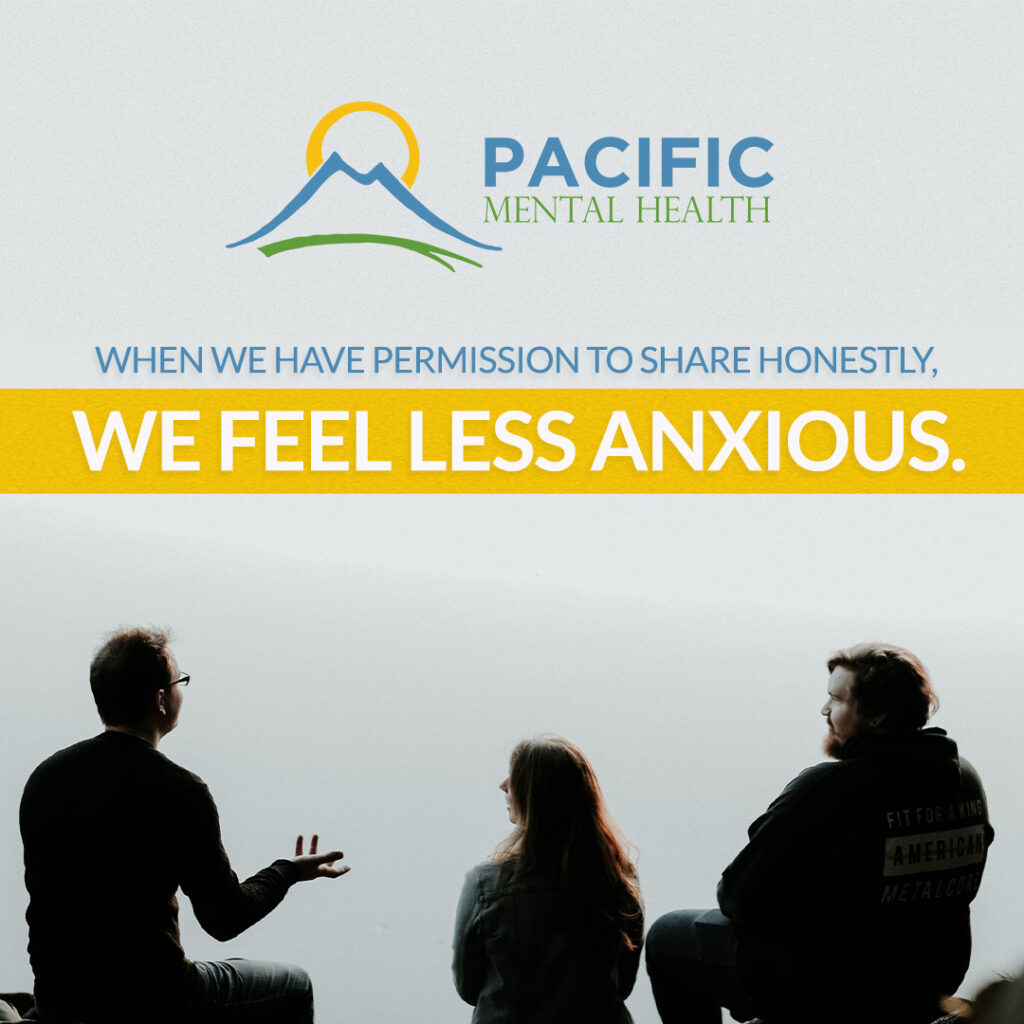
The problem with this strategy is that it involves being unkind to myself. Furthermore, condemnation does not help me honestly address or explore the roots of my anxiety, in order to cope with it in more effective, and life-giving ways. Self-judgment might distract me from anxiety for a moment, but it always returns.
I’ve learned, the first step in addressing anxiety, is to acknowledge its presence without scrutiny. It’s hard to do, especially if your past anxieties were minimized or ignored by adults during your childhood. How many of us have heard well-intentioned friends or family members say, “You are overreacting,” or “Stop making such a big deal out of this,” when we were feeling anxious about the first day of school, encountering a bully, or trying out for a sports team? These phrases taught us to deny or criticize the reality of our anxiety in order to please others.
Acknowledge Anxiety
Acknowledging anxiety, without self judgment or judging others is even more difficult in the context of current US cultural norms. We are taught “ideals”. We are constantly bombarded with messages about pulling ourselves up by our bootstraps. We’re told to simply choose happiness. We’re taught the “ideal” of masking our fears and not acknowledging the burden of anxiety that comes with them.
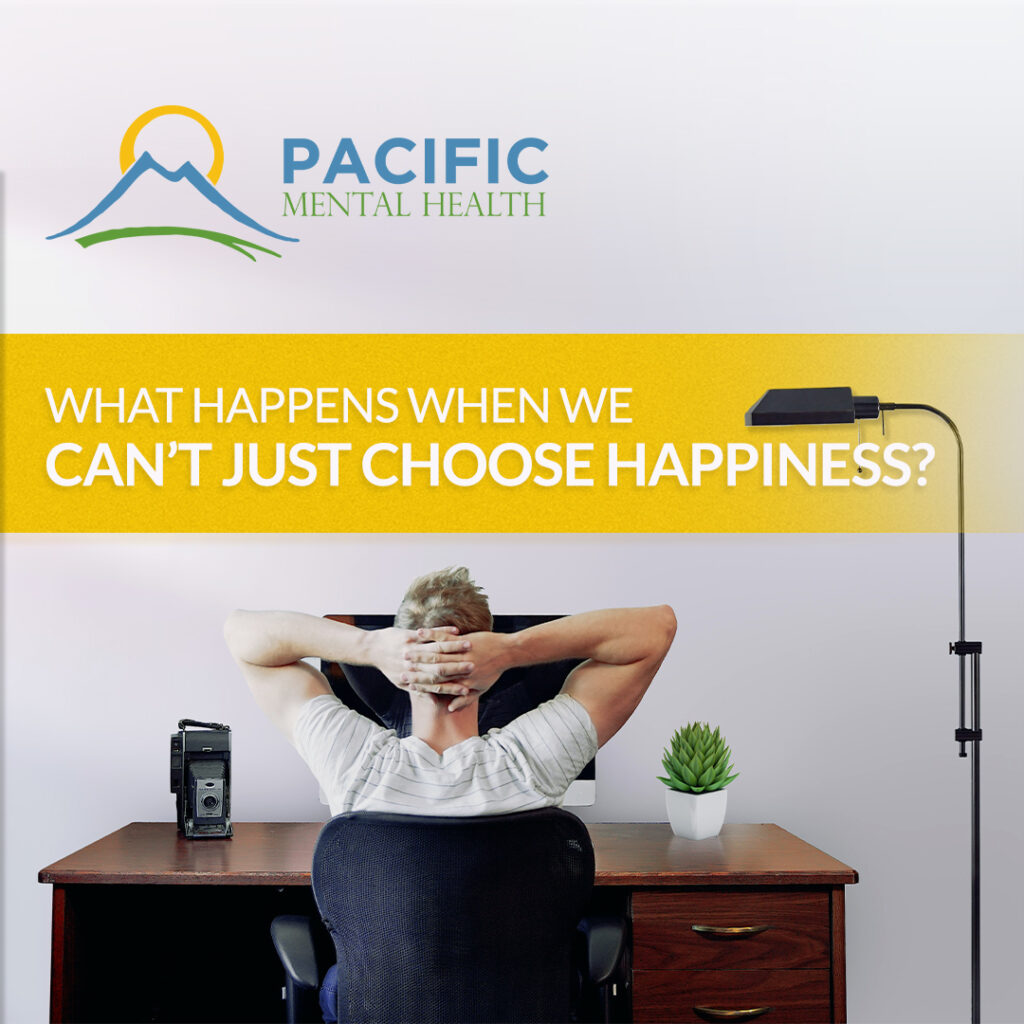
Happiness as an ideal
These ”ideals” aren’t inherently bad. There can be some wisdom and truth in them. However, so little voice is given culturally to what happens when we can’t just choose happiness, pull ourselves up, or simply just need help from others to feel overwhelmed. Without that cultural voice acknowledging our distress, we may despise and resent denying our true feelings. Even religion can play a role in vilifying anxiety. In my own religious culture, Bible verses such as “Do not be anxious about anything” (Philippians 4:6 NIV) were frequently used out of context in order to provide easy answers to more complex problems. Being anxious was seen as equivalent to sin. Ironically, those situations leave a person feeling worse. You can be caught in a vicious cycle of feelings of anxiety, and in turn feeling ashamed of being anxious, which creates even more anxiety.
So, how do we begin to invite the reality of our anxiety, without judgment?
We can notice, and explore our predetermined anxious feelings. Where does it come from? Why is judgment the default posture? Understanding the “why” gives us the opportunity to choose a different response or reaction. Sometimes, simply entertaining these questions with curiosity, is enough to shift the energy from judgment toward something kinder. It can break the cycle of anxiety.
Biology of anxiety
Additionally, we can honor and acknowledge that our bodies are simply wired to be anxious. Anxiety is a biological response that alerts us to danger. It moves us to safety, or tells us that something isn’t right. Even if we don’t pinpoint the precise reason for our anxiety, we can trust that our anxious feelings are trying to tell us something. It is important or needs to be addressed.
Seek support from others
Finally, we can enlist the support of others we trust to listen to and engage with us, without being dismissive, and allow us to process feelings of anxiety judgement free. No matter how overwhelming or tedious the anxiety, talking about it out loud, with someone who is kind, empathetic, and present will be a significant step in easing the debilitating grip of anxiety. Judgement free engagement is one of the most valuable components of therapy.
When we have permission to share honestly, we feel less anxious. We also begin to develop hope and confidence in our ability to evaluate situations. We can experience new patterns of relating to stressors in our lives. It can ease and heal dismissive hurts from our past, help us stay present, and give us hope for our future.
In addition to this article on anxiety, therapists and counselors at Pacific Mental Health have shared their expertise and experiences on a variety of topics on our blog.
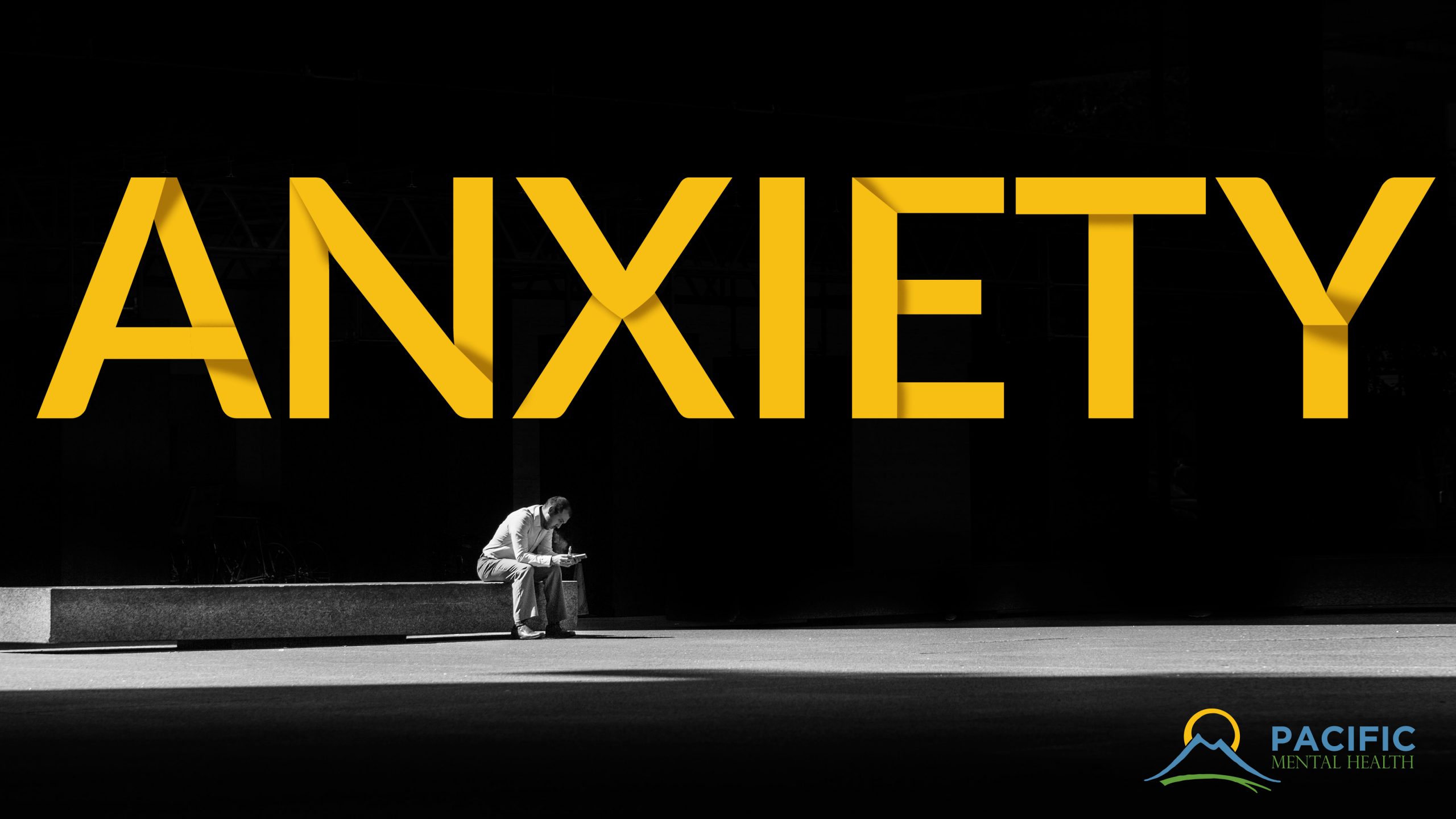
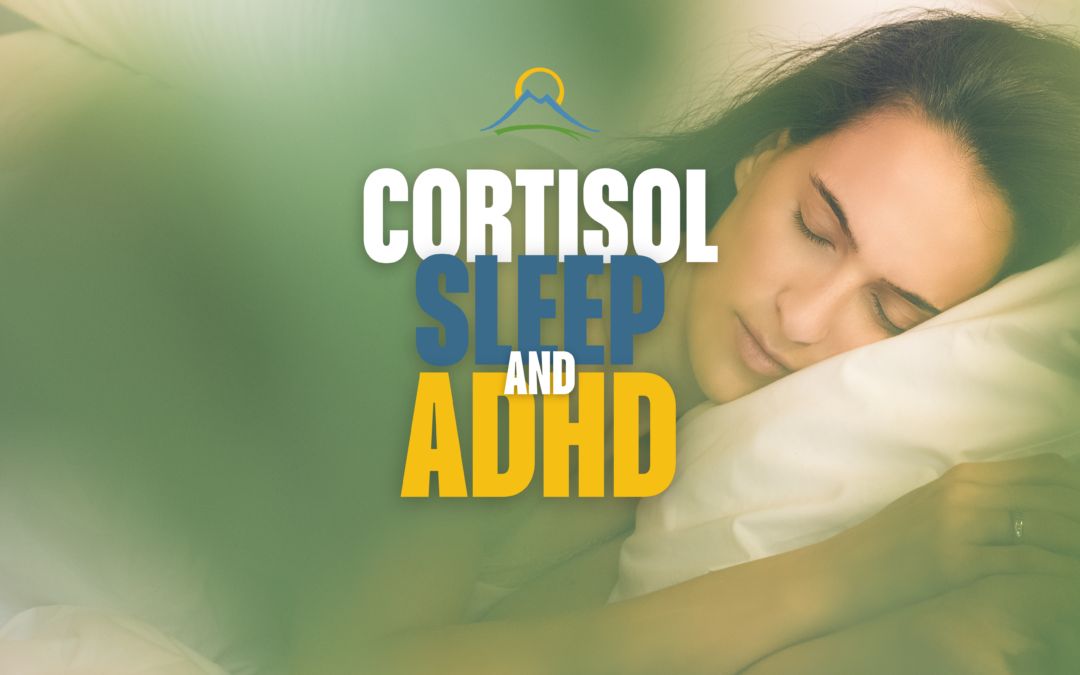
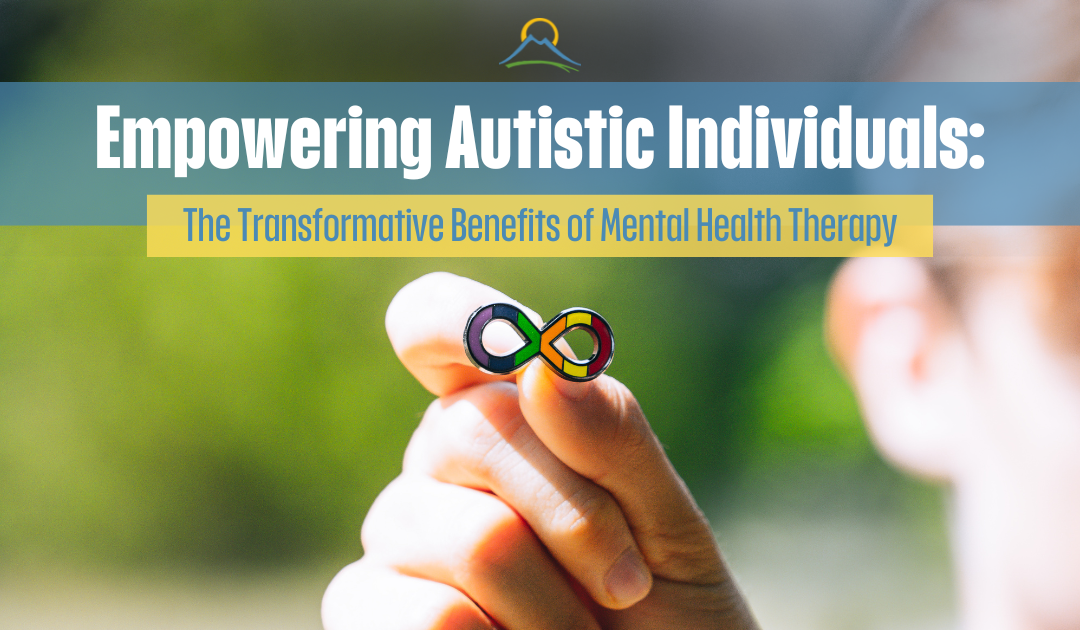


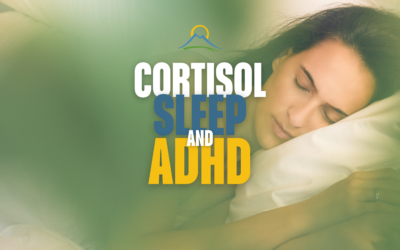

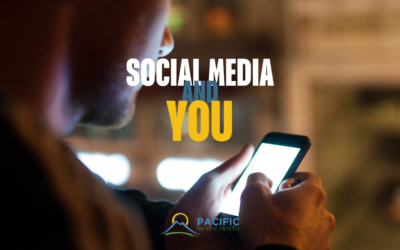
0 Comments